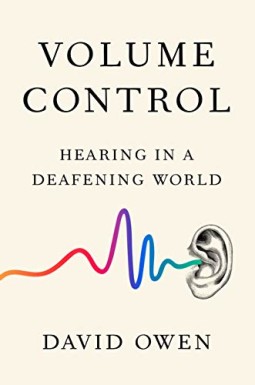 Starting this week, the FDA has approved the sale of over-the-counter hearing aids. In light of that, in today’s edition of How on Earth, we play an Encore Feature from February 2020 of an interview we did with David Owen about his book, Volume Control, in which he explores the surprising science of hearing and the remarkable technologies that can help us hear better.
Starting this week, the FDA has approved the sale of over-the-counter hearing aids. In light of that, in today’s edition of How on Earth, we play an Encore Feature from February 2020 of an interview we did with David Owen about his book, Volume Control, in which he explores the surprising science of hearing and the remarkable technologies that can help us hear better.
Hosts: Joel Parker, Beth Bennett
Producer: Joel Parker
Additional contributions: Benita Lee, Shelley Schlender
Executive Producer: Susan Moran
Listen to the show:
Podcast: Play in new window | Download (Duration: 27:00 — 37.1MB)
Subscribe: RSS



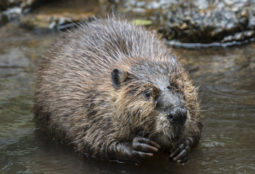
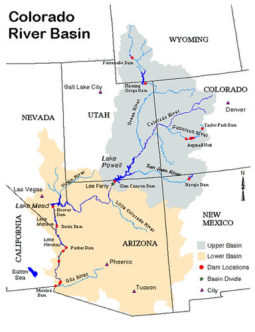 Colorado River Basin Crisis Pt. II (start time: 6:19): This week’s How On Earth show focuses on the implications and future prospects after the federal government in June ordered the seven Western states that rely on the river to come up with a plan to save trillions of gallons of water from the shrinking river) — and after the August 15 deadline came and passed without a deal. (Here’s the Bureau of Reclamation’s
Colorado River Basin Crisis Pt. II (start time: 6:19): This week’s How On Earth show focuses on the implications and future prospects after the federal government in June ordered the seven Western states that rely on the river to come up with a plan to save trillions of gallons of water from the shrinking river) — and after the August 15 deadline came and passed without a deal. (Here’s the Bureau of Reclamation’s  With graduation season upon us, today’s edition of How on Earth is Part 2 of our annual “Graduation Special” (you can
With graduation season upon us, today’s edition of How on Earth is Part 2 of our annual “Graduation Special” (you can 
 Katie Gach – University of Colorado,
Katie Gach – University of Colorado,  Jet Mante – University of Colorado,
Jet Mante – University of Colorado,  Abhijit Suresh – University of Colorado,
Abhijit Suresh – University of Colorado,  With graduation season upon us, today’s edition of How on Earth is Part 1 of our annual “Graduation Special” (you can
With graduation season upon us, today’s edition of How on Earth is Part 1 of our annual “Graduation Special” (you can 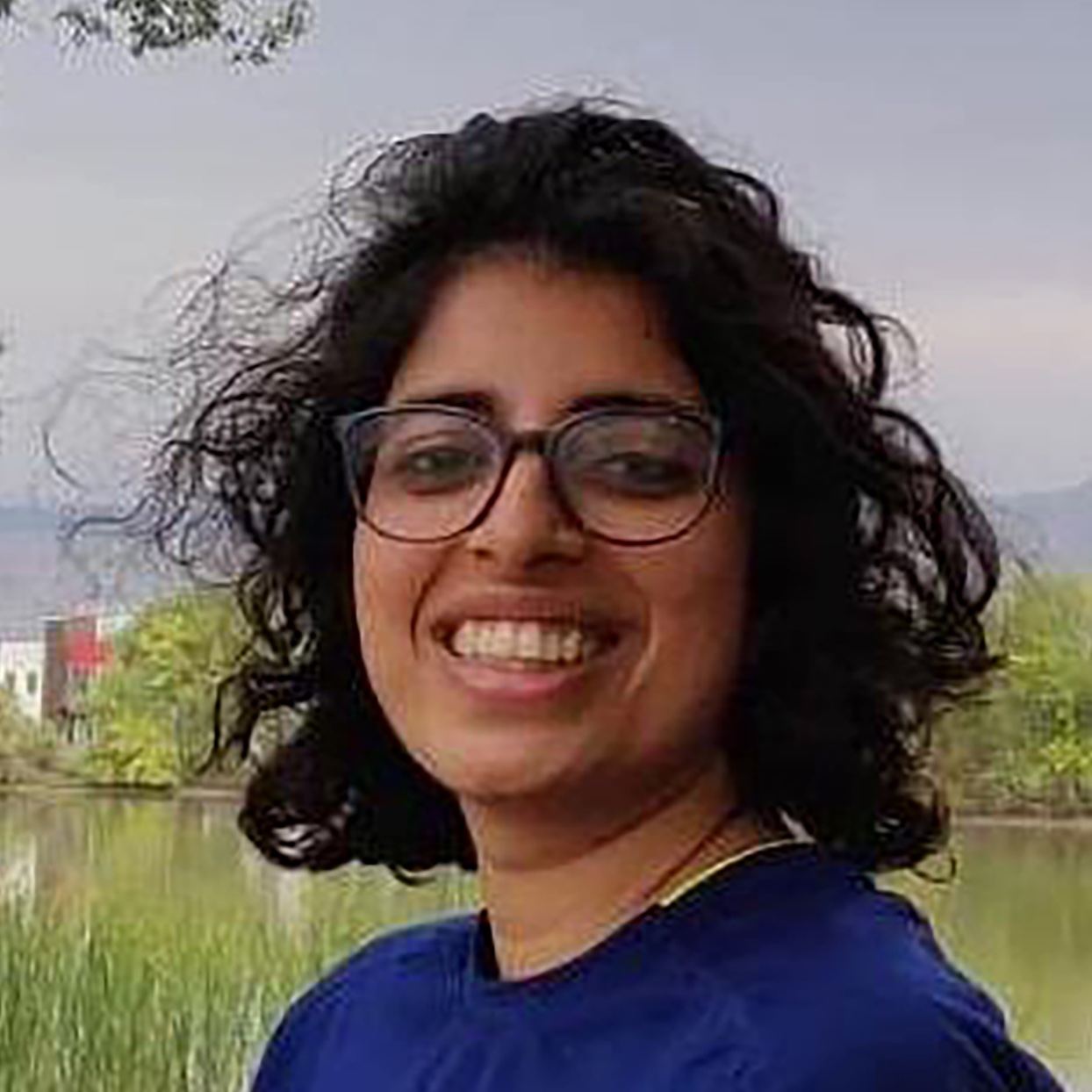
 Sarah Aguasvivas – University of Colorado,
Sarah Aguasvivas – University of Colorado,  Jessie Finocchiaro – University of Colorado,
Jessie Finocchiaro – University of Colorado, 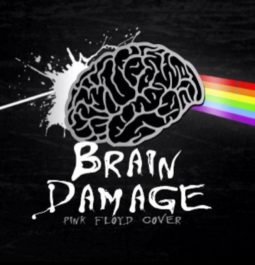
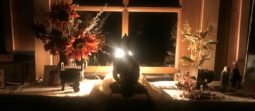
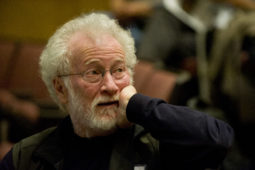
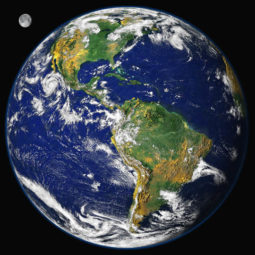
 We feature an interview with astronomer and author
We feature an interview with astronomer and author 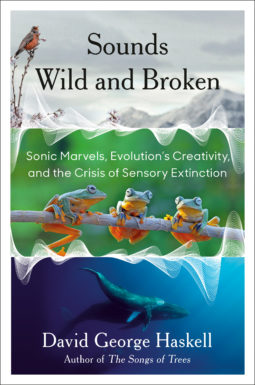 Nature’s Songs and Cries (start time: 0:59) In this week’s show
Nature’s Songs and Cries (start time: 0:59) In this week’s show